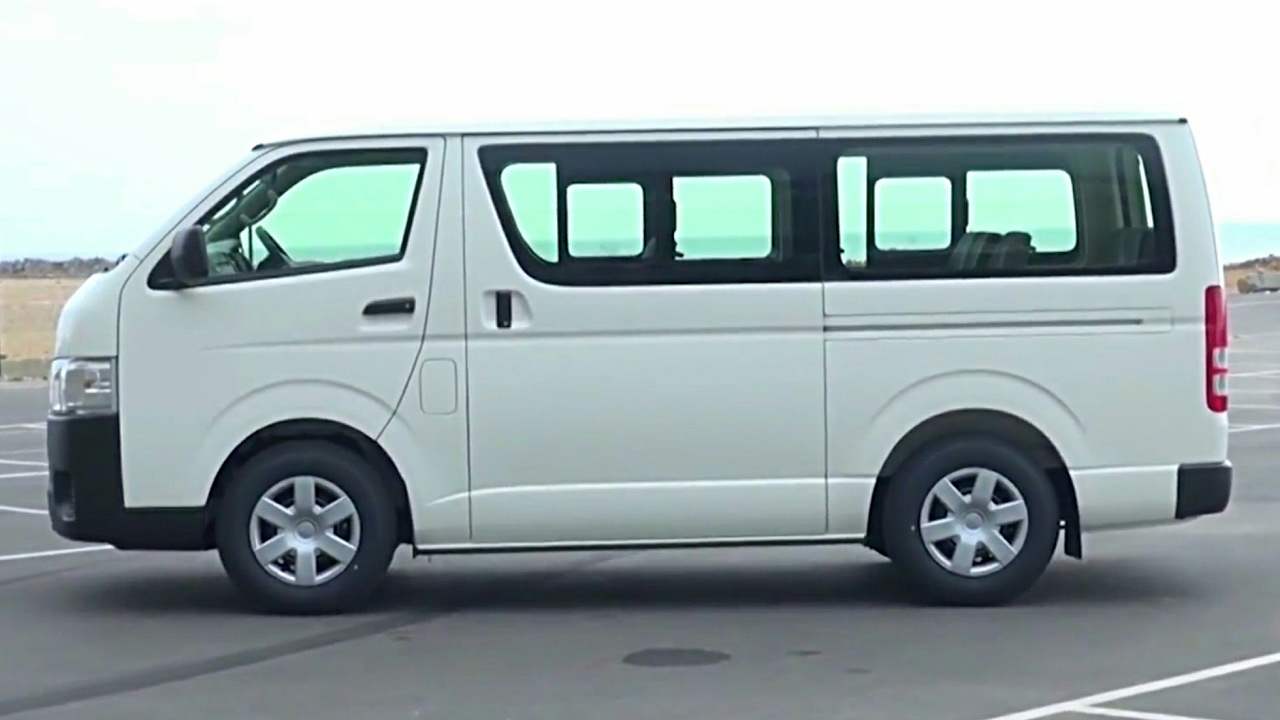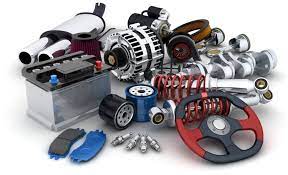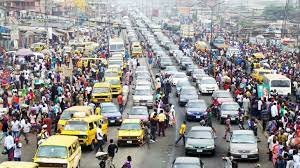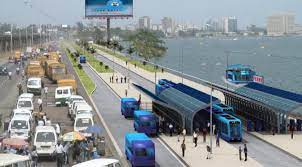
Transportation is an essential part of human activity, and in many ways form the basis of all socio-economic interactions. Indeed, no two locations will interact effectively without a viable means of movement.
In many developing countries, inadequate transport facilities are often the norm rather than the exception. Thus, a good transport system is essential to support economic growth and development.
Since the attainment of independence in 1960, the problems of Nigerian transport system include bad roads; inadequate fleets of buses or trucks; irregular, inadequate and overcrowded trains and airplanes and congested ports. These are common features of the developing world.
In line with these are physical problems such as dearth of suitably-trained transport managers and planners, capital restructuring bottlenecks, serious issues of institutional reforms and ineffective traffic regulations. The share of transport in the gross domestic droduct (GDP) is in the neighbourhood of three percent (3%).
Transport statistics are grouped into four (4) basic categories, namely, Rail, Road, Water and Air Transport.
- Rail Transport
Rail transport is usually the most suitable mode of transportation for heavy traffic flows when speed is also an advantage because of the lower cost per person per load as the train load increases.
Nigeria’s single-narrow-gauge railway line constructed in the colonial period was for many years the only mode of freight movement between the northern and southern parts of the country.
Because Nigeria's railways are in a perilous condition, the government is trying to rectify the situation by privatizing the Nigerian Railway Corporation.
- Road Transport
Road transport is the most commonly used mode of transportation in Nigeria today. Road traffic depends on the pattern of human settlements, accounting for more than 90 per cent of the sub-sector’s contribution to the gross domestic droduct (GDP).
Road transport activities involve the conveyance of passengers en-masse or in small numbers, the transportation of animals, farm produce and merchandise and the rendering of mobile services (clinics, libraries and banks).
- Water Transport
Water transport scores a distant second to road transport, with an average share of about 1.6 per cent of Nigeria’s gross domestic product. Water transport is slow and therefore, unsuitable for passenger movement, except for holiday and tourist traffic where time is not a constraint or where other forms of transport are not available.
Water transport has the following three components: ocean transport, coastal water transport and inland water transport.
- Air Transport
Air transport has a unique advantage over all other modes of transport if speed, time and distance are major considerations. Air transport is of high value in relation to weight. It is also preferred where accessibility by other modes is a problem (especially in riverine or mountainous regions).
Of all the modes of transportation, the most used by Nigerians is road transport which is a fact in most countries. Road transportation in any society is meant to be the most easily accessible. People need road transportation for their day to day activities, to commute to their places of work or study, to transport their products, for inter-city and intra-city travel, etc
Nigeria has the largest road network in West Africa and the second largest south of the Sahara, with roughly one hundred and eight thousand (108,000) kilometers of surfaced roads in 1990.
However they are poorly maintained and are often cited as a cause for the country's high rate of road fatalities. In 2004 Nigeria's Federal Roads Maintenance Agency (FERMA) began to patch the thirty-two thousand (32,000) kilometre federal roads network, and in 2005 FERMA initiated a more substantial rehabilitation.
The market for transport services in Nigeria is national. With a population of over two hundred million (200,000,000) people and an estimated national population growth rate of five point seven percent (5.7%) per annum, Nigeria is a large, expanding and sustainable market for transport business.






















